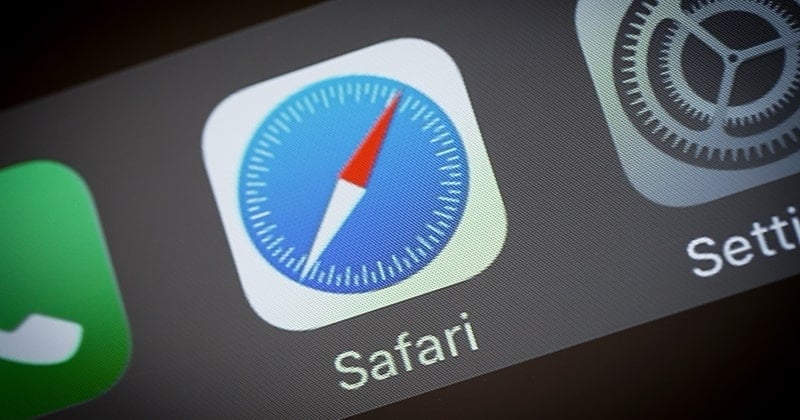For this fraudulent feature to work, Apple has to share the user’s data like browsing history with Google. While the URLs are hashed, Apple also sends a log of users’ IP addresses to Google. It is most likely that Tencent will also receive the same data. People aren’t worried about sharing browsing history with Google, because it’s Google. But sharing any personal data with a Chinese company can make anyone uncomfortable.
What’s the risk of sharing data with Tencent?
For a safe browsing technology to work, the software needs user’s IP addresses to work. Tencent has a recorded history of sharing its data with the Chinese government. The Chinese govt can use this data for surveillance or other illegal purposes. For example, a malicious provider can manipulate Google’s safe Browsing to de-anonymize a user by linking site requests. This is possible in theory. If Tencent implements this approach, the Chinese govt can and will pressurize the company into revealing the identity of protestors in Hong Kong. This is a dangerous precedent to be set by Apple. Apple hasn’t officially commented on the issue. However, Apple previously banned a Hong Kong protest app on its store under the pretext, “best protect our [the] users.” If Apple goes ahead with Tencent, it will be under a lot of scrutinies.
How to evade this situation?
You can turn on Fraudulent Website Warning in Settings>Safari. This might expose you to sketchy websites, but you will be safe from the Chinese government. So, the choice is yours!

